Call your cable guy.
Use the 1% rule.
Allow yourself some strategic procrastination.
We’ve all had to get creative with our budgets this year, but there’s always room for more ingenuity when it comes to saving money and cutting down expenses. The pandemic and record unemployment this year have shown many of us the value of an emergency fund.
Let’s face it: There’s a good chance you are leaving money on the table in the course of your everyday life. Small things can add up over time, whether you’re shoring up your own emergency fund or just starting on a saving strategy.
We asked 11 money experts for their go-to savings quick tips to help you jumpstart or increase your saving efforts. This easy, actionable advice can help you save money and doesn’t require a huge lifestyle change, either.
1. Ilyce Glink
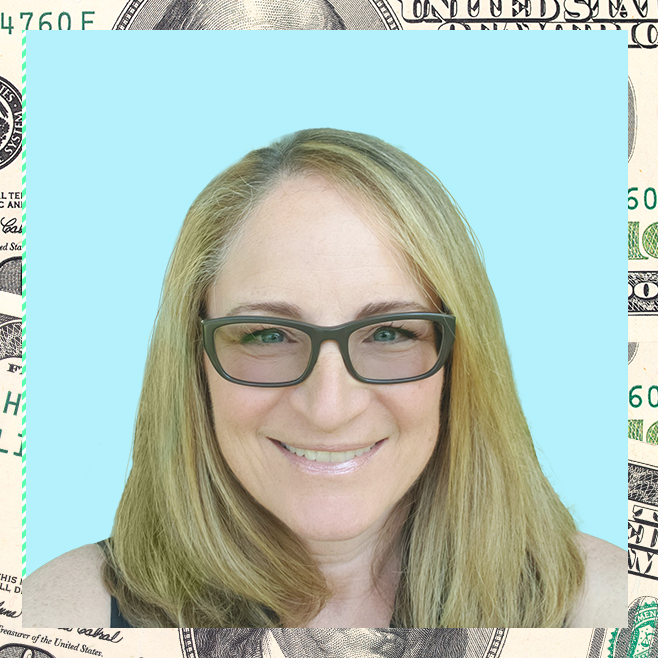
“Deferred gratification” is a favorite phrase when it comes to spending for the CEO of Best Money Moves, a personal finance guidance site.
First, wait a week before buying something to see if you really need it. Then, wait another week. If you really need it, then you find the least expensive way to purchase the item. Glink says a lot of times we buy something to fill a psychological need we have, or we do it too quickly and not in a strategic way, so we overpay.
“If you can defer a purchase long enough, you might find you don’t really need it at all,” says Glink. “And, that helps move you away from wasteful purchases.”
2. Erin Lowry
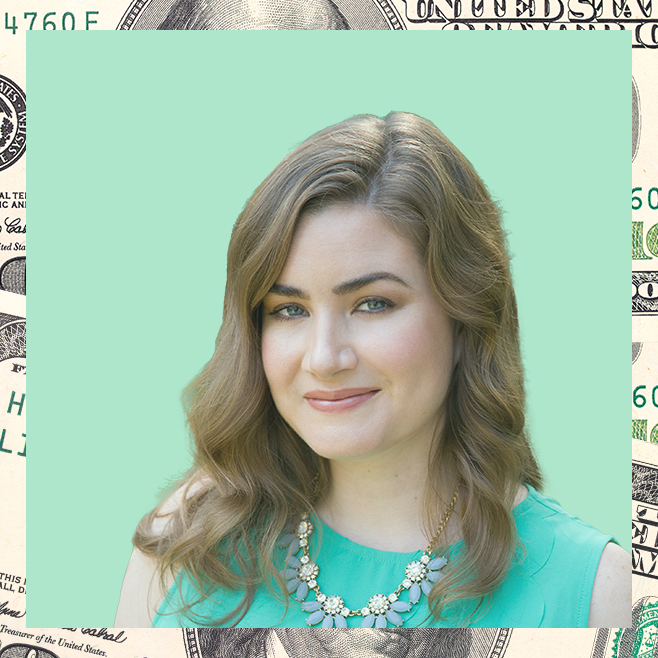
Give your savings accounts nicknames, says the author of “Broke Millennial: Stop Scraping By and Get Your Financial Life Together.” A lot of banks and credit unions allow you to customize the name of your account so it’s not just a string of numbers that mean nothing to you. Nicknaming it to something that’s meaningful and actionable can help reduce your likelihood of continuing to skim a little bit out here and there.
“The more specific the better,” says Lowry. Such as “Quit My Job [Date]” or “South Africa Honeymoon July 2022.”
3. Tiffany Aliche

Call your service providers, like your cable provider, to ask for a discount.
‘“It really works,” says The Budgetnista blogger. Call them up and start negotiating.
Aliche even offers this script:
“Hello, my name is _________________ and I’ve been a loyal customer for _____ years. I was reviewing my bill from your agency and due to financial constraints, I’m not able to continue paying this amount. I want to remain a customer; is there something you can do to help me?”
4. Bernadette Joy
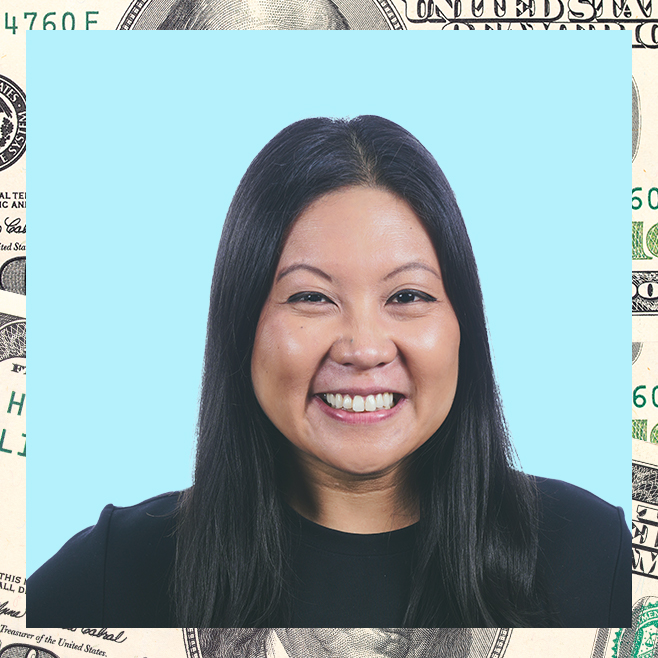
The founder of CrushYourMoneyGoals.com says to use sentimental items you already have to decorate your house instead of buying knick knacks and regular home decor items. For example, Joy says she framed all her Broadway playbills.
5. Jennifer Streaks

Look at your subscriptions, such as Netflix, Hulu, and Disney+ to make sure you’re only paying for services you actually want and use.
“Right now with everyone at home more, it is really easy to spend a lot of money on these kinds of subscriptions,” says the author of “Thrive!…Affordably.” Go through your bank statement and see exactly what you are spending and what you can cut out.
6. Delyanne Barros
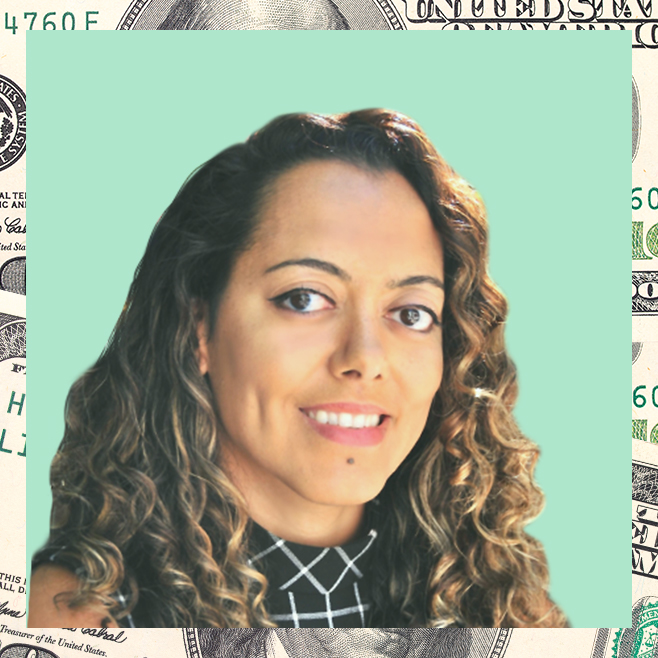
Setting mobile alerts on your bank and credit card accounts for every time a new charge hits your account will make you hyper-aware of your spending, according to this personal finance expert and TikToker.
It may also help you catch something like a subscription you forgot or meant to cancel.
7. Julien Saunders
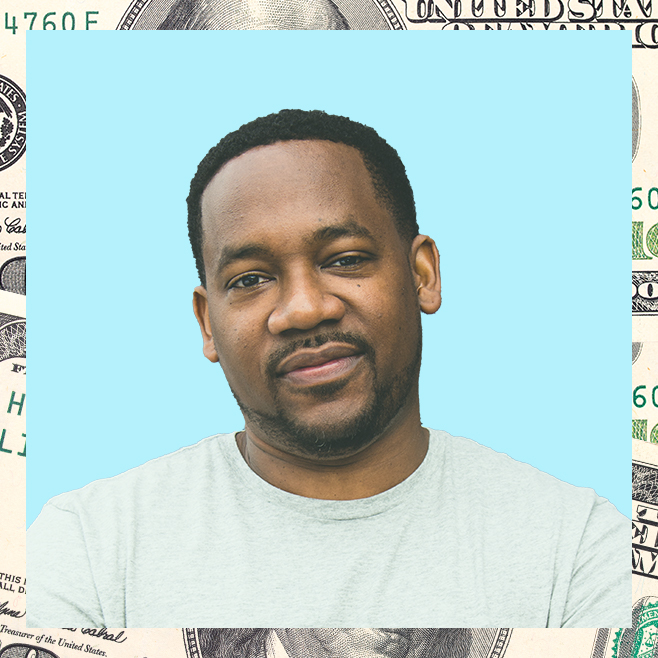
As a former professional chef and half of the duo behind the rich & Regular blog, Saunders’ top money-saving tip is all about cross-utilization. By cross-utilizing ingredients, he says they minimize waste when cooking at home and make the most of their grocery bill.
“If we purchase fresh berries or avocados but notice we’re not eating them after a few days, we may include them into a lunch or dinner salad and freeze the rest to use in smoothies,” says Saunders.
8. Jannese Torres-Rodriguez
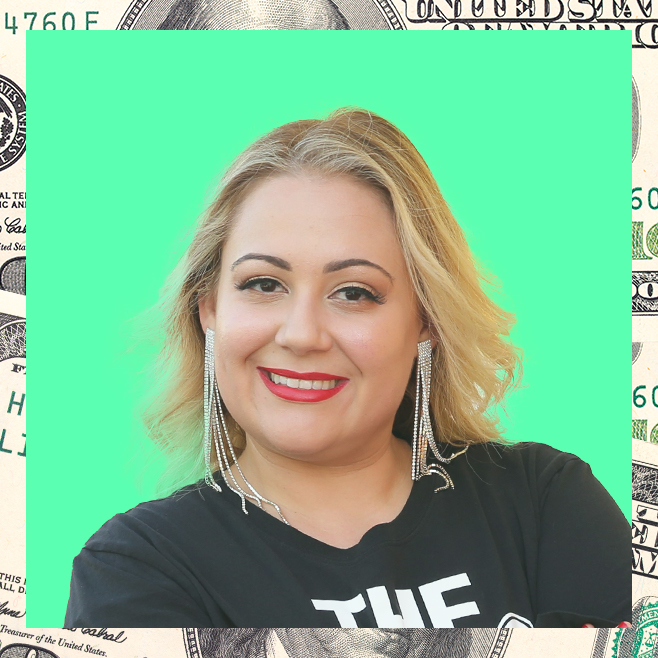
The host of the “Yo Quiero Dinero” podcast says to give your car insurance company a call. Your car insurance actually charges you based on how many miles you drive per year, and “a lot of us aren’t driving right now,” says Torres-Rodriguez.
Take this opportunity to call your car insurance company and lower the estimated miles you’ll be driving this year. You may get a boost in your savings right away.
9. Nikki Dunn
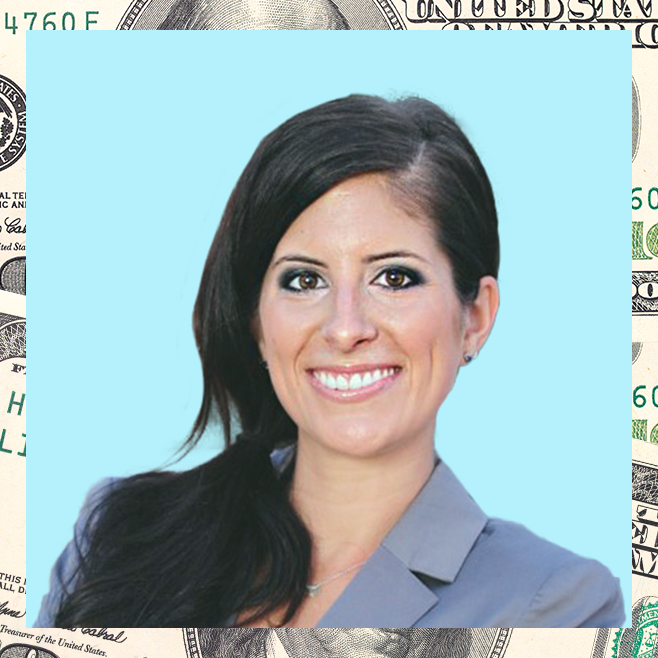
“Make sure the little things don’t add up to be big things,” says Dunn, a CFP and founder of the She Talks Finance blog.
Keep an eye on subscription services you can eliminate, or avoid using food delivery apps too often, as they can significantly increase your food costs.
10. Jackie Beck
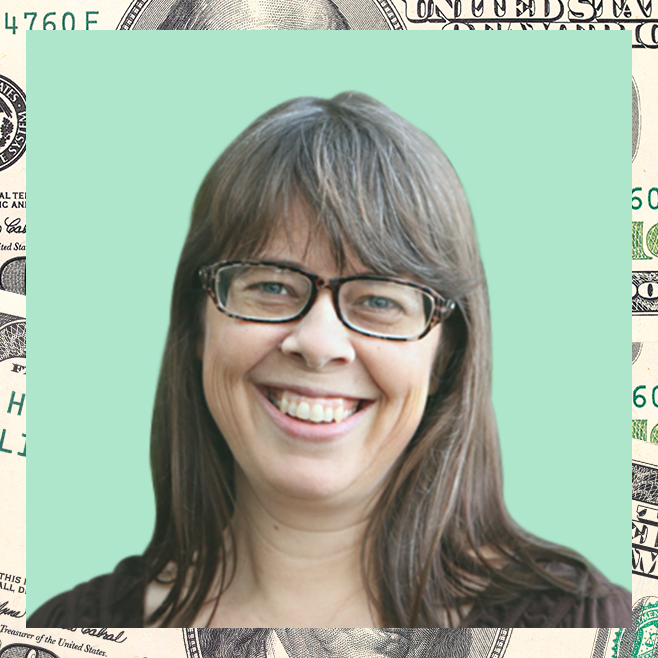
One of the easiest ways to save money is to use the 1% rule, says Beck, debt expert and creator of the money app Pay Off Debt by Jackie Beck. That’s where you start by setting up an automatic deposit to savings of 1% of your paycheck. Most employers offer the ability to split direct deposit paychecks in this way, and 1% is a great place to start.
“It’s an easy amount to adjust to, relatively speaking,” says Beck. Once you’ve gotten used to saving that amount, you can increase it by another 1%. Repeat until you’re saving as much as you comfortably can from your paycheck each month.
11. Lauryn Williams

Williams, an Olympic athlete, CFP, and founder of personal finance site Worth Winning, recommends dressing in layers so you don’t spend as much on heating/AC. Keeping the thermostat just a couple notches lower during the winter and wearing warmer clothes can make a big difference. Programmable thermostats also give you the ability to set temperatures higher or lower based on when you’re home or not. The Department of Energy estimates you can save as much as 10% a year on heating and cooling costs by setting your temperature 7-10 degrees higher or lower (depending on season) for 8 hours a day.
Bottom Line
Little things add up to big things. If you apply one or two of the tips above, you can start making progress toward your financial goals today.
NextAdvisor Pro Tips
We’re always on the lookout for ways to save money. Here are a few of our recent tips that can help:
